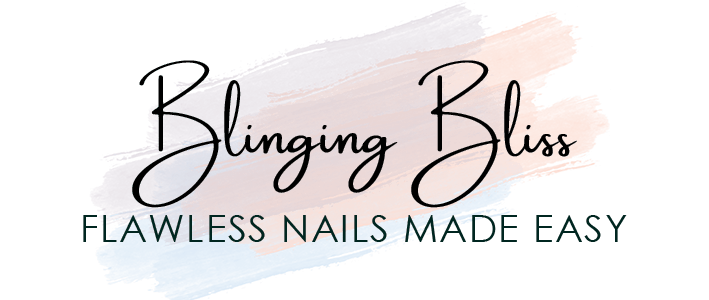Nail biting is a common habit that affects many individuals. It often arises from stress, anxiety, or sheer habit. Unfortunately, a nail biting habit can have significant negative effects on both the appearance and health of your nails. The good news is that there are a number of effective strategies to help you break the nail biting cycle and promote healthy, beautiful nails.
Why is Nail Biting not Good for You?
Damages Nail Structure
Constant biting can weaken and damage the structure of your nails, making them brittle, uneven, and prone to breakage.
Increases the Risk of Infections
Biting your nails introduces harmful bacteria from your hands and surroundings and your mouth, increasing the risk of infections around the nail bed and the surrounding skin.
Hinders Nail Growth
Biting your nails prevents them from growing to their full potential. It interrupts the natural nail growth cycle and can lead to stunted or distorted nail growth.
Unappealing Appearance
Nail biting often results in unsightly, jagged nails with ragged cuticles. This can affect your overall appearance and self-confidence.
What are some effective strategies to help you stop biting your nails?
Increase Self-Awareness
Pay attention to when and why you bite your nails. Identifying triggers, such as stress or boredom, can help you develop alternative coping mechanisms.
Maintain Short Nails
Trim your nails regularly and keep them short. Short nails provide fewer opportunities for biting and make it less tempting to engage in the habit.
Apply a Bitter-Tasting Polish
Utilise specially formulated bitter-tasting nail polishes or solutions available in the market. The unpleasant taste acts as a deterrent, discouraging you from putting your fingers in your mouth.
Use Semi-Cured Gel Nail Wraps
Semi-cured gel nail wraps provide a great alternative to professional gel or acrylic nails and can help prevent you from chewing your nails. Since they are cured under a UV light and have a hardened texture, you are less likely to chew them.
Find Healthy Alternatives
Keep your hands and mouth busy by finding alternative activities. Engage in hobbies, such as drawing, knitting, or playing a musical instrument, to redirect the urge to bite your nails.
Practice Stress Management
Nail biting often stems from stress or anxiety. Explore stress management techniques like exercise, deep breathing, mindfulness meditation, or seeking professional help when needed.
Keep Hands Occupied
Occupy your hands with stress balls, fidget toys, or squeeze balls to divert your attention and maintain an active engagement with your hands.
Use Visual Cues
Attach reminders or visual cues, such as wristbands or stickers, as a physical reminder to avoid nail biting. These visual prompts can increase self-awareness and help break the habit.
Seek Support
Share your goal of quitting nail biting with friends and family who can offer encouragement and support. Having someone to hold you accountable can greatly enhance your chances of success.
Reward Yourself
Set achievable goals and reward yourself when you successfully avoid nail biting for a certain period. Treat yourself to a relaxing activity or indulge in a small reward as a positive reinforcement.
Be Patient and Persistent
Breaking the nail biting habit takes time and effort. Be patient with yourself, and if you experience setbacks, remember that it is a normal part of the process. Stay persistent and committed to your goal.
Nail biting can be a challenging habit to break, but with determination and the right strategies, it is possible to overcome it. By understanding the detrimental effects of nail biting and implementing these effective tips, you can promote healthier, more beautiful nails. Embrace the journey towards breaking the habit, and enjoy the satisfaction of having strong, well-groomed nails that reflect your overall well-being.

